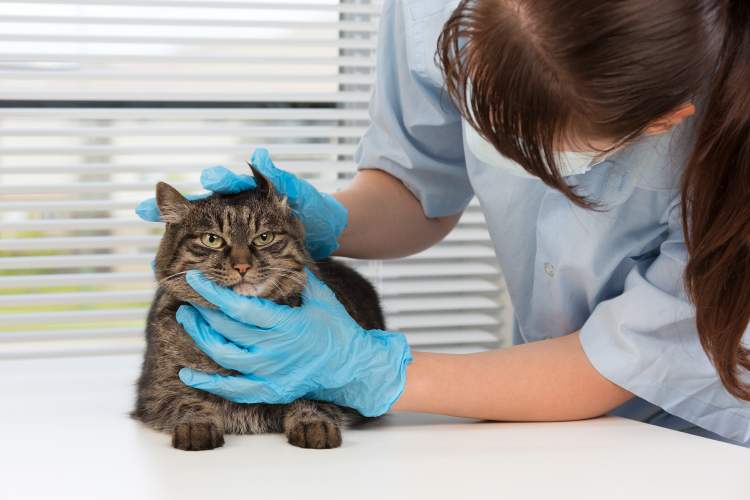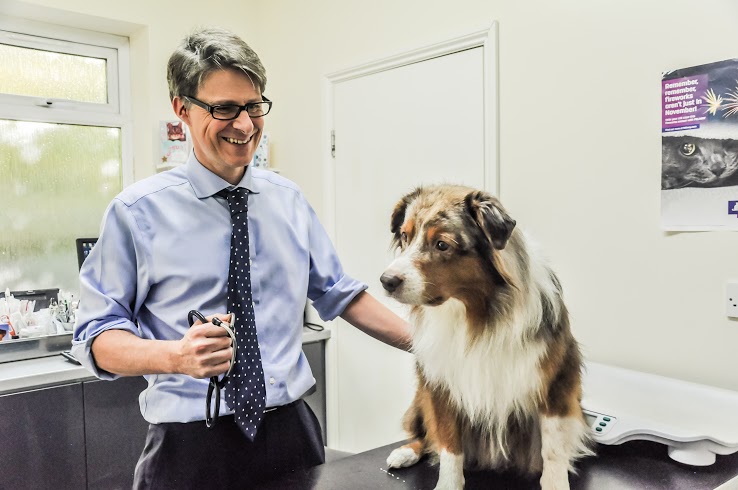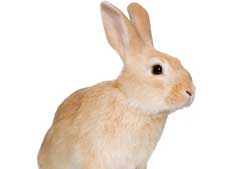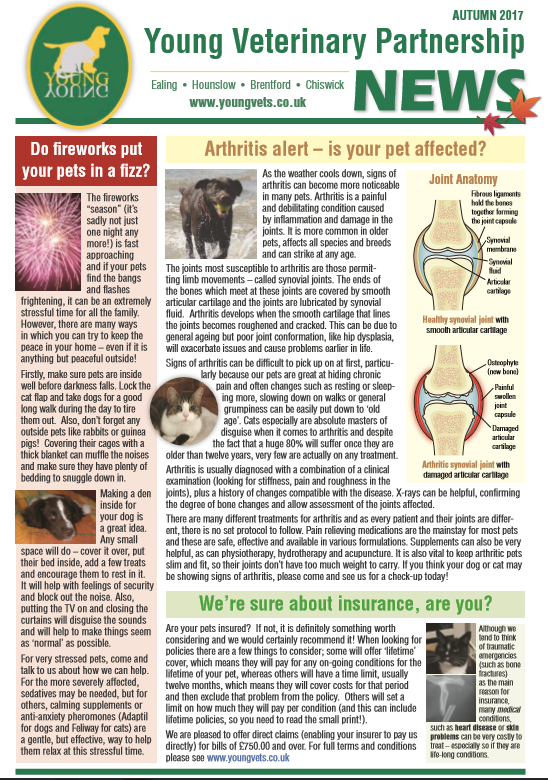
“Dogs are a man’s best friend”
Getting a puppy is a very important and exciting decision. A puppy can add so much joy and companionship to your life. We love seeing puppies here at Young Veterinary Partnership and enjoy, even more so, helping you to look after them as best as possible. When you decide to get a puppy you have to be sure that you can commit time towards exercising it, keeping it company and socialising/training it so it becomes a well-mannered adult dog.
Choosing your puppy:
The Breed: Choosing the appropriate breed for you is critical. A smaller dog breed may be more appropriate for your lifestyle. Seeing both parents of the puppy can help you assess possible future temperament (and future size). Some breeds may be more ‘highly strung” than others, some need more exercise, some need more coat care and grooming than others. Although most puppies are healthy, certain breeds may have an increased incidence of specific medical problems. This information is readily available these days on sites such as Wikipedia, specific breed websites and the kennel club. Taking out insurance at as soon as you get your puppy is a good idea.
The Breeder: Make sure your puppy comes from a reputable breeder where the mother is up to date with her vaccinations. The puppy should have also been wormed regularly throughout their first few weeks and may have had a flea treatment before being re-homed. Ideally the puppy should be around 8 weeks old before bringing them home. Keeping mother and puppies together upto 8 weeks, has been shown to reduce the risks of behavioural problems developing later. From April 2016 all puppies should be microchipped.
Charities: A great way of you re-homing a puppy. As a policy the puppy has usually had its first vaccinations and is microchipped for you. The charity may even have neutered them, if he/she is old enough. Charities often ask for a small donation towards adopting the puppy. Dogs Trust and Battersea dogs home may have suitable puppies or young dogs for rehoming.
Make sure that your puppy is fit and healthy when you choose it:
Hips/Elbows/Eyes: The parents of some pedigree litters have to undergo compulsory scoring of their hips (for hip dysplasia), elbows (for elbow dysplasia) or eyes (for cataracts and retinal problems). This reduces the risk of the puppies developing these problems (but doesn’t eliminate the risk), by only using parents with good scores for breeding. Make sure that the parents’ scores are of an acceptable standard for their breed. Visit www.thekennelclub.org.uk for more information.
Eyes: Bright wide eyes. No discharge.
Nose: Wet nose. No discharge.
Mouth & Teeth: No teeth out of place. Fully erupted. Milk teeth are usually bright white and look shiny.
Weight: A healthy weight where you can feel the ribs but not see them. Make sure the puppy doesn’t have a pot-belly as this could indicate a worm burden. This can be easily rectified by a wormer from a vet.
Appetite: A good appetite indicates a healthy puppy.
Toileting: Normal urination and defecation. This should be normally formed, no blood in it and not watery. Sometimes you can see evidence of worms in the faeces, if this is the case he will need worming by a vet.
Further information about different dog breeds can be found at www.dogstrust.org.uk








